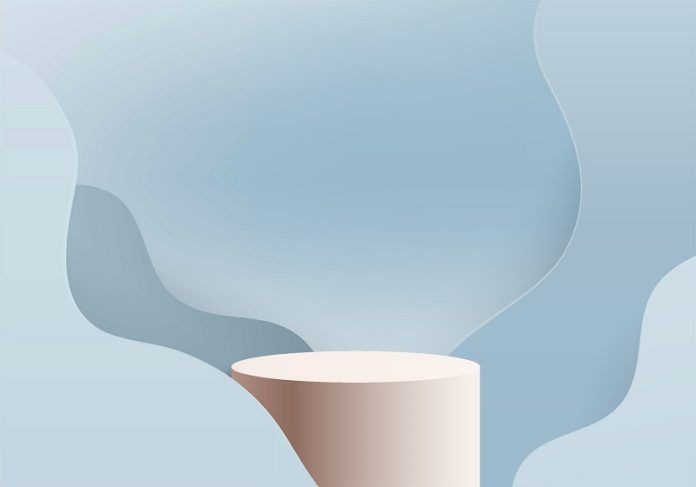
A new study reveals a surprising impact of last autumn’s Storm Ciaran: it made it nearly impossible for 20 million people in southern Britain to enjoy a proper cup of tea at breakfast.
Scientists at the University of Reading found that the storm’s record-breaking low pressure caused water to boil at a lower temperature than usual, below the crucial 100 degrees Celsius needed for a perfect cup of tea.
The study, published in the journal Weather, showed that water in Reading was boiling at just 98°C during the storm.
This small change had a big effect on tea lovers.
On the morning of November 2, Caleb Miller, a Ph.D. student and co-author of the study, quickly set up equipment in the Meteorology Department’s labs to measure the boiling point of water during the storm.
“While most people were worried about the wind and rain from Storm Ciaran, I saw a chance to measure how the storm affected boiling water,” Miller explained.
Dr. Alec Bennett, another co-author, added, “Mountaineers have long known that pressure affects boiling temperature, but Ciaran brought this effect to a large area.”
The researchers used precise temperature sensors and a standard electric kettle to conduct their experiments. They compared their results with previous boiling points observed under different air pressure conditions. Their experiments showed a clear link between air pressure and boiling temperature.
To understand how the storm affected the region, the researchers used weather data from various sources, including pressure readings from the Reading University Atmospheric Observatory and roadside weather stations across southern England. This data helped them track the storm’s movement during breakfast time.
They discovered that the lowest pressure moved northeast across the region during the early morning, coinciding with when most people were making their breakfast tea.
At the height of Storm Ciaran’s influence, the boiling point of water in some areas dropped to just over 98°C, about 2°C lower than normal. Tea experts say the best brewing temperature is between 98°C and 100°C. Water below this range doesn’t bring out the full flavor from tea leaves.
Professor Giles Harrison, lead author of the study, said, “Like many Britons, I need my morning cup of tea. I knew that the boiling point of water changes with atmospheric pressure, but I didn’t expect a storm to affect it so much that it would take the water temperature out of the ideal range for brewing tea. Weather can have subtle effects.”
The study estimates that about 20 million people in London and southeast England were potentially affected by this phenomenon. This could have led to slightly less flavorful tea for many on that morning.
So, next time there’s a big storm, tea lovers might want to keep an eye on the weather, as it could affect their morning brew!



